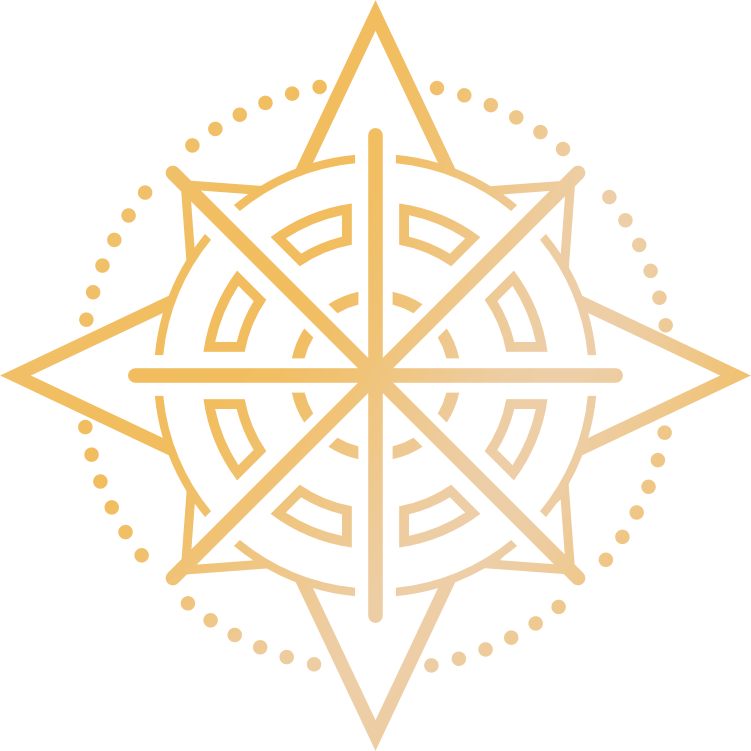Ten of Cups
The Ten of Cups is one of those tarot cards that often spark a sense of hope and warmth when it appears. At its core, this card is about emotional fulfillment, harmony, and the joy that comes from genuine connection—whether with others or within yourself. But let’s go deeper, beyond the surface image, and see what practical insights the Ten of Cups offers for self-development and emotional awareness.
Understanding the Context: The Story of the Ten of Cups
Traditionally, the Ten of Cups shows a family standing together under a rainbow of ten cups, arms outstretched in celebration. The scene is peaceful and idyllic—a picture of lasting happiness and contentment. It’s not just about fleeting joy, but a sense of belonging and emotional security that comes from shared values and authentic relationships.
Yet, it’s important to remember that this ideal isn’t always a given in real life. The Ten of Cups can represent our aspirations for connection, wholeness, and emotional well-being. It’s a card that asks us to reflect on what fulfillment truly means for us—beyond cultural scripts or external expectations.
*“True happiness is not attained through self-gratification, but through fidelity to a worthy purpose.”*
— Helen Keller
Main Meanings of the Ten of Cups
Upright: Harmony, Fulfillment, Shared Joy
- Emotional Satisfaction: A sense of deep contentment, often experienced in relationships—family, friends, or chosen community.
- Harmony and Peace: Resolution of conflict, or a period where emotional needs are met and understood.
- Connection: The joy of being seen, accepted, and loved for who you are.
- Wholeness: Feeling complete, at home in yourself and your environment.
The upright Ten of Cups is a card of genuine happiness. It often appears when you’re in a period of harmony with others—or when you’re invited to cultivate this sense of wholeness in your life. It speaks to the power of strong, supportive relationships and emotional alignment with your values.
Reversed: Disconnection, Unrealistic Expectations, Hidden Tensions
- Unmet Needs: Feeling isolated, misunderstood, or disappointed in relationships.
- Family Tension: Conflict within family or support networks, or a sense that something is missing from your emotional landscape.
- Idealism vs. Reality: Struggling with perfectionism or holding onto an unrealistic image of “happiness.”
- Personal Misalignment: A disconnect between your inner world and the life you’re living.
When reversed, the Ten of Cups gently highlights where there may be a gap between what you hope for and what you experience. It’s not about blame—it’s an invitation to explore your emotional needs honestly, and to consider what might bring more authentic fulfillment.
Modern Applications: Emotional Awareness and Self-Development
What Does Fulfillment Look Like for You?
In today’s world, where social media often presents a polished version of happiness, the Ten of Cups is a reminder to define contentment on your own terms. Ask yourself: What makes me feel truly at peace? Is it connection with others, alignment with your values, or self-acceptance?
It’s easy to compare your inner world with someone else’s highlight reel, but real satisfaction often comes from small, authentic moments. The Ten of Cups encourages you to notice these moments, even if they don’t match what you see in popular culture.
The Reversed Ten of Cups: Navigating Emotional Challenges
If this card appears reversed for you, it may signal a time to address emotional wounds or family issues. It’s not a sign of failure—it’s an opportunity to be honest about what hurts and what you need. This may involve setting boundaries, seeking support, or simply acknowledging your feelings without judgment.
Sometimes, the reversed Ten of Cups asks you to look at the stories you tell yourself about happiness. Are you holding onto an image that doesn’t fit your reality? Are you ready to let go of perfectionism and embrace a more nuanced, compassionate understanding of yourself and your relationships?
Practical Steps: Bringing the Ten of Cups into Your Life
For Personal Growth
- Reflect on Moments of Joy: Each evening, write down one moment where you felt a sense of connection, peace, or gratitude—even if it was brief.
- Define Your Values: What qualities or experiences make you feel “at home” in yourself? List them and explore how you can invite more of these into your daily life.
- Challenge Perfectionism: Notice when you’re striving for an unattainable ideal, and gently bring your focus back to what’s real and meaningful for you.
For Emotional Healing
- Identify Unmet Needs: If you feel disconnected, ask yourself what you wish others understood about you. Consider sharing this with someone you trust or journaling about it.
- Practice Self-Compassion: Treat your emotional struggles with kindness, as you would a good friend’s. Remind yourself that struggle is a natural part of being human.
- Seek Support: If family dynamics or old wounds are surfacing, remember that you don’t have to navigate them alone. Reach out to supportive friends, communities, or professionals.
Simple Exercises
- Visualization: Close your eyes and imagine a place or moment where you feel completely safe and accepted. Notice the sensations and emotions that arise.
- Gratitude Practice: Each week, list three things you appreciate about your relationships, even if they’re not perfect.
- Open Conversations: Gently initiate a conversation with a loved one about what makes you both feel connected and valued.
Final Thoughts
Whether upright or reversed, the Ten of Cups offers an opportunity to look at your emotional landscape with honesty and compassion. It invites you to celebrate what’s working, and to gently address what needs healing or adjustment. Remember, emotional fulfillment isn’t always picture-perfect—it’s a process of growth, self-acceptance, and genuine connection.
Tarot is not fortune-telling — it’s a mirror for reflection and growth.
Thank you for your attention! The article on the Ten of Cups is complete and does not require continuation.
